The Power of Electric Vehicle Industry Partnerships.
The electric vehicle (EV) revolution is reshaping the automotive landscape, and at the heart of this transformation lies a web of strategic partnerships
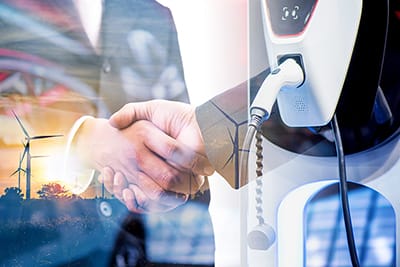
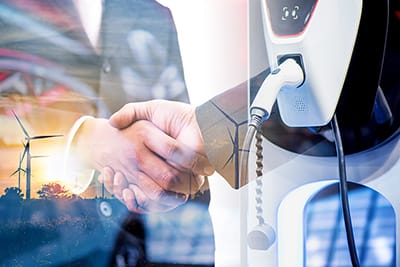
The electric vehicle (EV) revolution is reshaping the automotive landscape, and at the heart of this transformation lies a web of strategic partnerships. As the demand for sustainable transportation solutions continues to grow, automotive companies, technology firms, and energy companies are joining forces to accelerate innovation, overcome challenges, and build a more sustainable future. This article explores the dynamic landscape of EV industry partnerships and the pivotal role they play in shaping the future of transportation.
- Collaborative Innovation:
One of the key driving forces behind EV industry partnerships is collaborative innovation. Automakers are teaming up with technology companies to integrate cutting-edge technologies into their electric vehicles. From advanced driver-assistance systems to in-car connectivity and infotainment, these collaborations aim to enhance the overall driving experience and make EVs more appealing to consumers.
- Charging Infrastructure Development:
Building a robust charging infrastructure is critical to the widespread adoption of electric vehicles. Industry partnerships between automakers and energy companies are instrumental in expanding and improving the charging network. By working together, these companies can address challenges related to charging station accessibility, standardization, and the development of faster and more efficient charging technologies.
- Battery Technology Advancements:
Developing high-performance and cost-effective battery technologies is fundamental to the success of electric vehicles. Partnerships between automakers and battery manufacturers and collaborations with research institutions are driving advancements in battery chemistry, energy density, and overall performance. These partnerships are essential for pushing the boundaries of battery technology and overcoming limitations that may impede the widespread adoption of EVs.
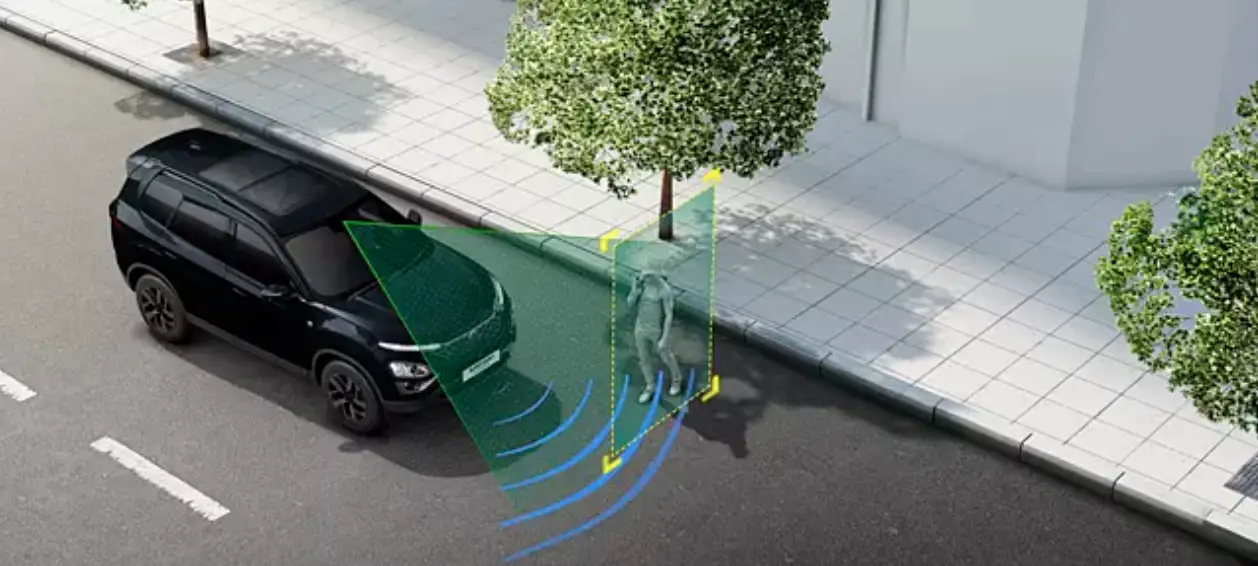
- Government and Industry Collaboration:
Governments around the world are recognizing the importance of transitioning to electric vehicles for a sustainable future. Collaborations between the public sector and private industry play a crucial role in shaping policies, regulations, and incentives that support the growth of the EV market. By working hand-in-hand, these partnerships can create an environment conducive to the development, manufacturing, and adoption of electric vehicles.
Read: Global Battery Swapping Charging Infrastructure Market Report 2022.
- Global Market Expansion:
To capitalize on the growing global demand for electric vehicles, industry partnerships are increasingly extending beyond national borders. Cross-border collaborations between companies from different regions allow for the sharing of expertise, resources, and market insights. This facilitates the expansion of electric vehicle offerings and contributes to the development of localized solutions that cater to specific market needs.
- Sustainability Initiatives:
The electric vehicle industry recognizes the importance of sustainability not only in terms of vehicle operation but also throughout the entire lifecycle. Partnerships between automakers and environmental organizations focus on creating eco-friendly manufacturing processes, recycling programs for batteries, and minimizing the environmental impact of electric vehicles. Such collaborations contribute to the industry's commitment to sustainability and responsible practices.
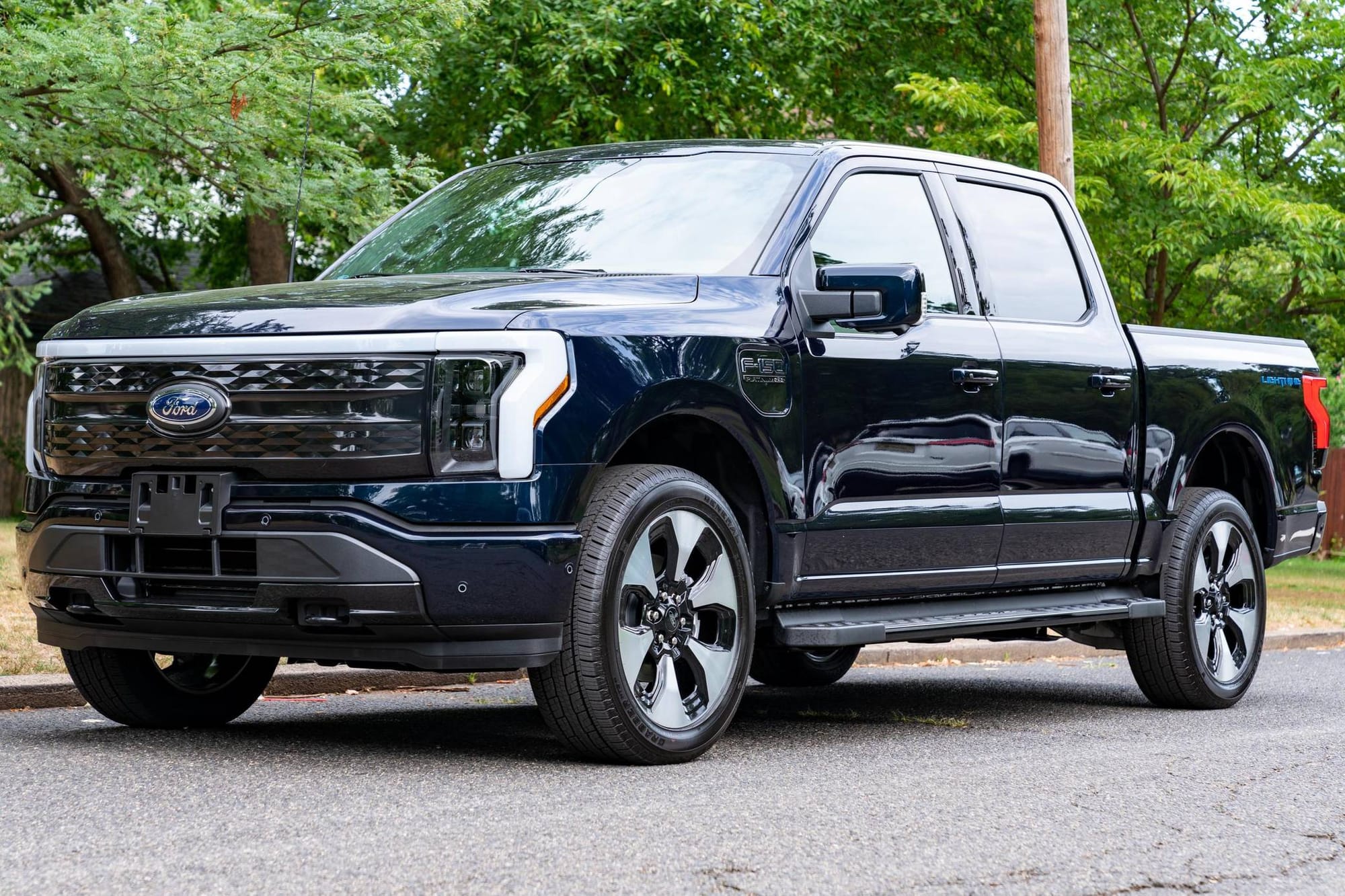
Here are some examples of electric vehicle (EV) companies that have formed strategic partnerships to advance their goals:
- Tesla and Panasonic:
Partnership Focus: Battery Technology
Details: Tesla has a long-standing partnership with Panasonic for the supply of lithium-ion battery cells. This collaboration has been instrumental in advancing battery technology, leading to improved energy density and overall performance in Tesla's electric vehicles.
See: Conversation on electric mobility in Africa.
2.Volkswagen and Ford:
Partnership Focus: EV Development and Autonomous Driving
Details: Volkswagen and Ford entered into a global alliance to collaborate on the development of electric vehicles and autonomous driving technology. The partnership aims to share resources and expertise to accelerate the adoption of electric mobility.
3.General Motors (GM) and LG Chem:
Partnership Focus: Battery Manufacturing
Details: GM and LG Chem formed a joint venture called Ultium Cells to manufacture battery cells for electric vehicles. This partnership is critical in scaling up battery production capacity and reducing costs for a range of electric vehicles.
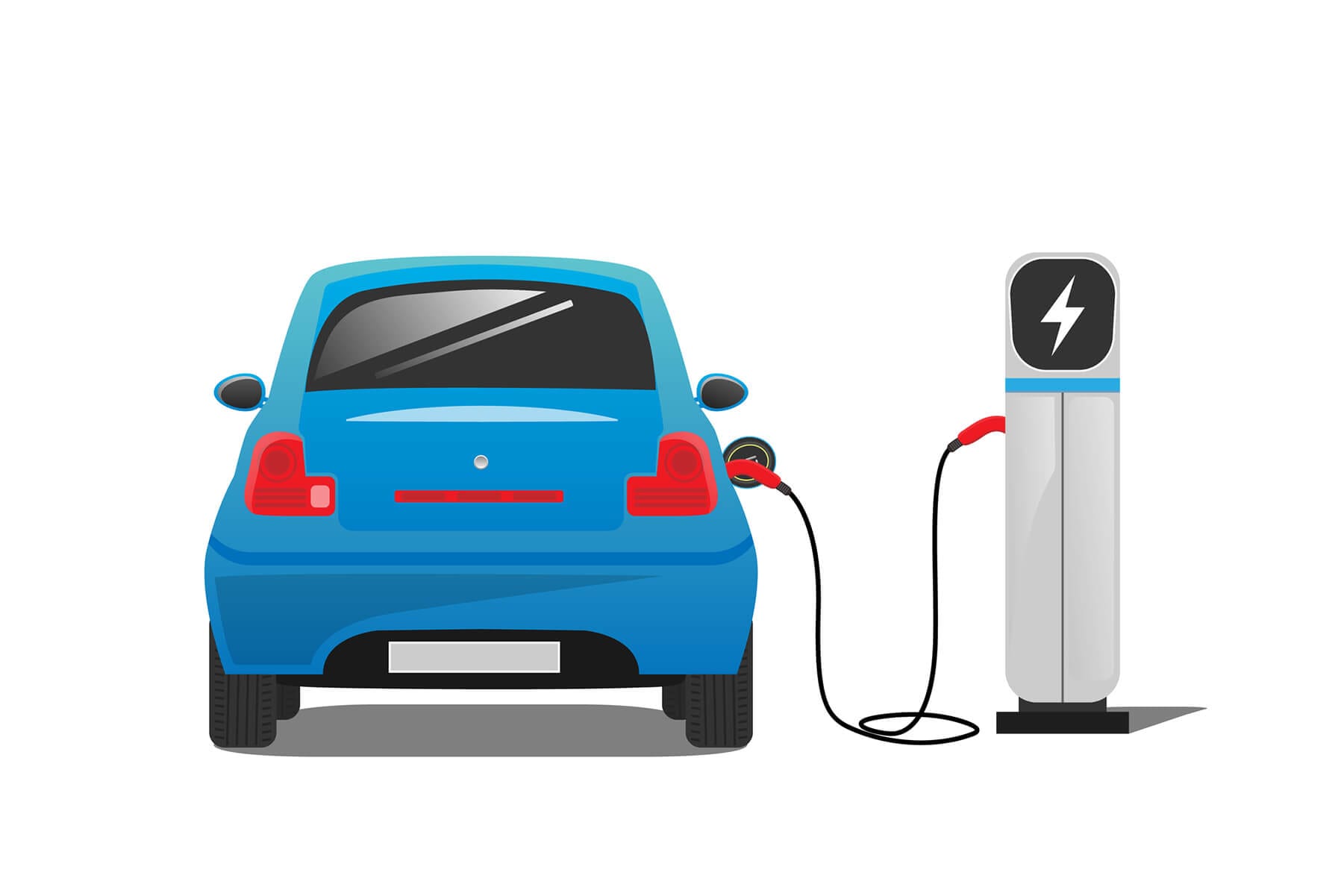
- Nissan and Renault (The Renault-Nissan-Mitsubishi Alliance):
Partnership Focus: Electric Vehicle Platform Sharing
Details: The Renault-Nissan-Mitsubishi Alliance is a strategic partnership among these automakers to share technology and platforms. This collaboration has enabled the development and sharing of electric vehicle platforms, leading to the production of popular electric models like the Nissan Leaf.
- Rivian and Amazon:
Partnership Focus: Electric Delivery Vans
Details: Amazon invested in Rivian, an electric vehicle startup, and placed an order for electric delivery vans. The partnership aims to support Amazon's commitment to sustainability by introducing electric vehicles into its delivery fleet.
- Hyundai and Canoo:
Partnership Focus: Electric Platform Development
Details: Hyundai Motor Group and Canoo entered into a partnership to jointly develop an electric vehicle platform. This collaboration allows both companies to leverage each other's strengths in design, engineering, and manufacturing for electric vehicles.
- BMW and Daimler:
Partnership Focus: Mobility Services and Charging Infrastructure
Details: BMW and Daimler joined forces to collaborate on various mobility services, including ride-hailing, car-sharing, and electric vehicle charging infrastructure. This partnership aims to create a more comprehensive and user-friendly ecosystem for electric vehicle users.
Related: Heavy-duty electric trucks are available in some African Countries.
- Audi and Artemis (Volkswagen Group):
Partnership Focus: Next-Generation Electric Vehicles
Details: Audi is leading a project called Artemis within the Volkswagen Group, focused on developing highly efficient electric vehicles. This collaborative effort aims to streamline the development process and bring innovative electric models to market more quickly.
These examples highlight the diverse nature of partnerships within the electric vehicle industry, covering aspects such as battery technology, vehicle platforms, manufacturing, and the development of supporting infrastructure.
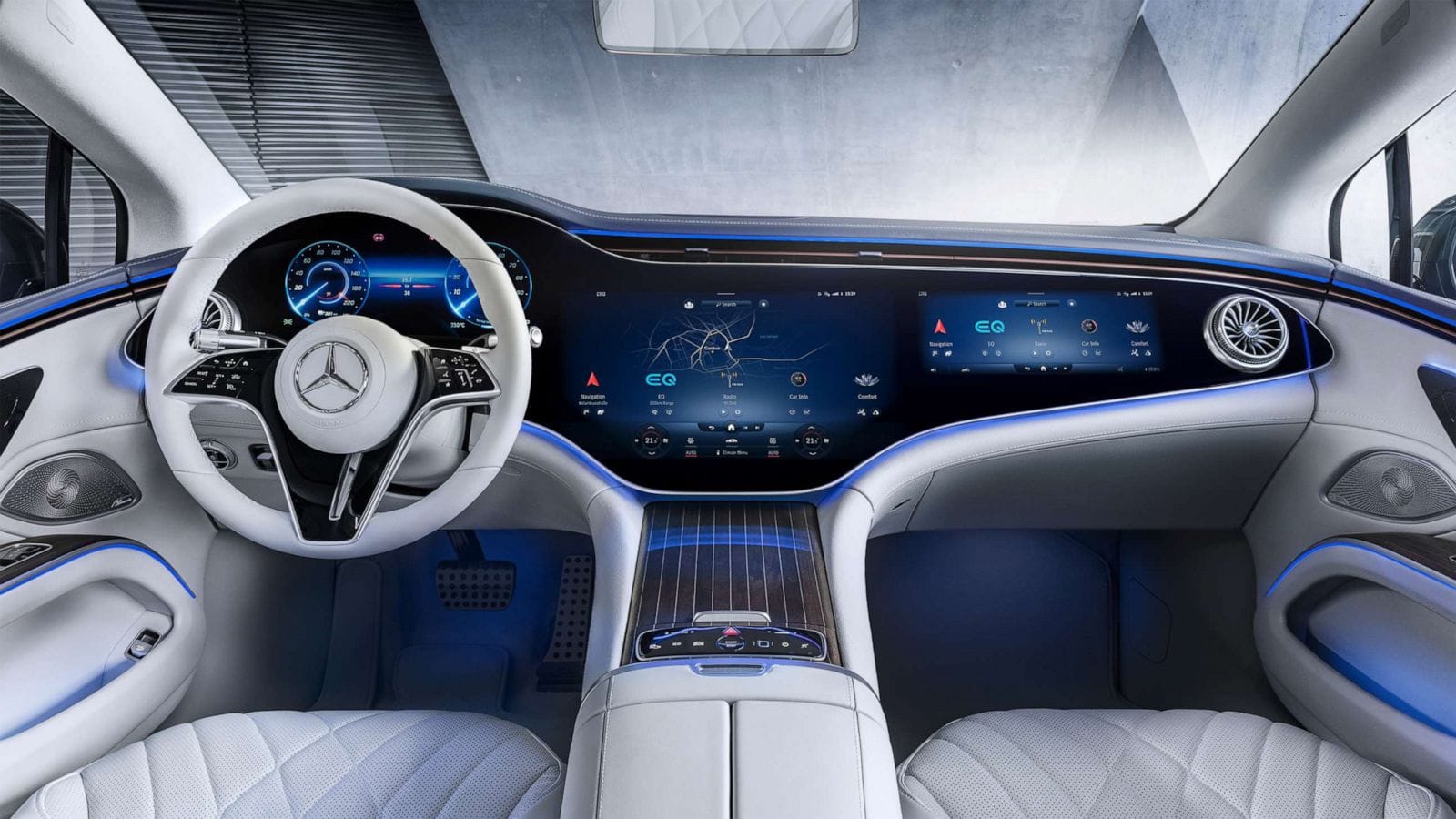
To conclude, as the electric vehicle industry continues to evolve, partnerships remain a driving force behind its growth and success. Collaborations between automakers, technology firms, energy companies, and governments are unlocking new possibilities, pushing the boundaries of innovation, and paving the way for a cleaner, more sustainable future of transportation. Through these strategic partnerships, the electric vehicle industry is not only transforming the way we drive but also reshaping the future of mobility on a global scale.




